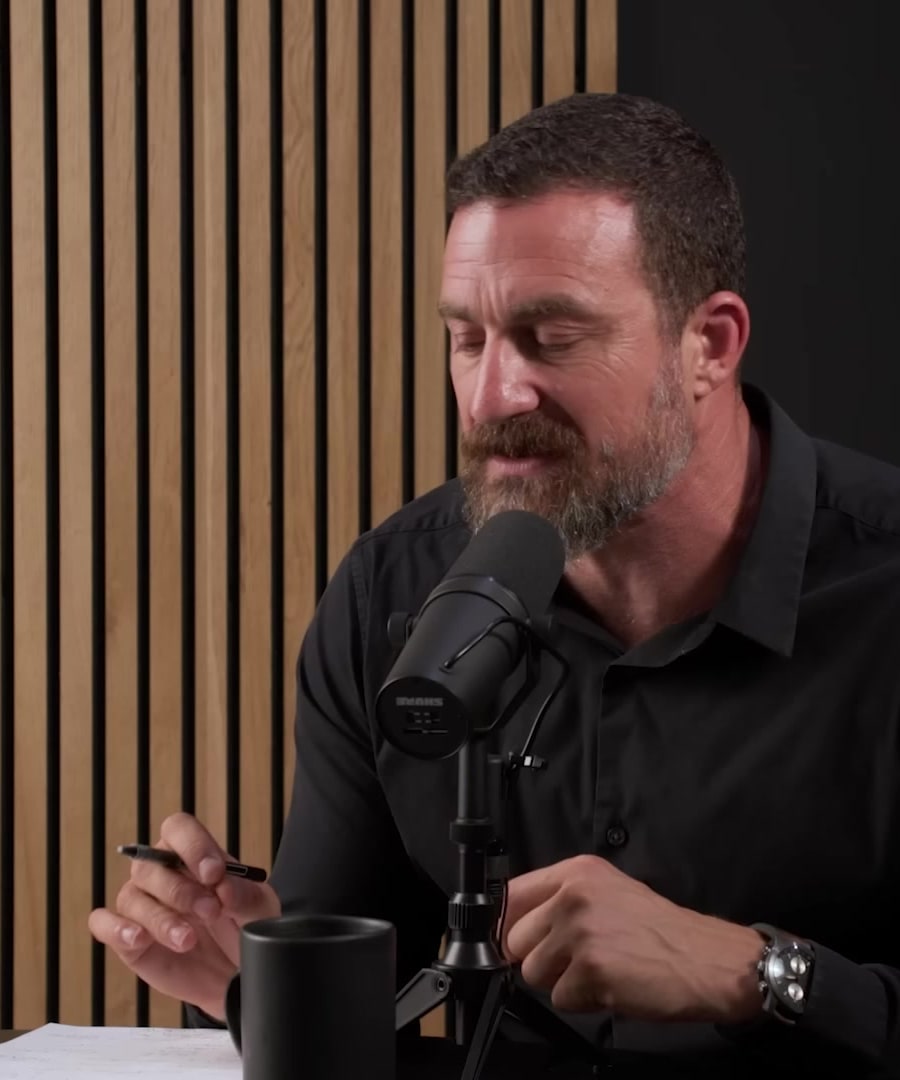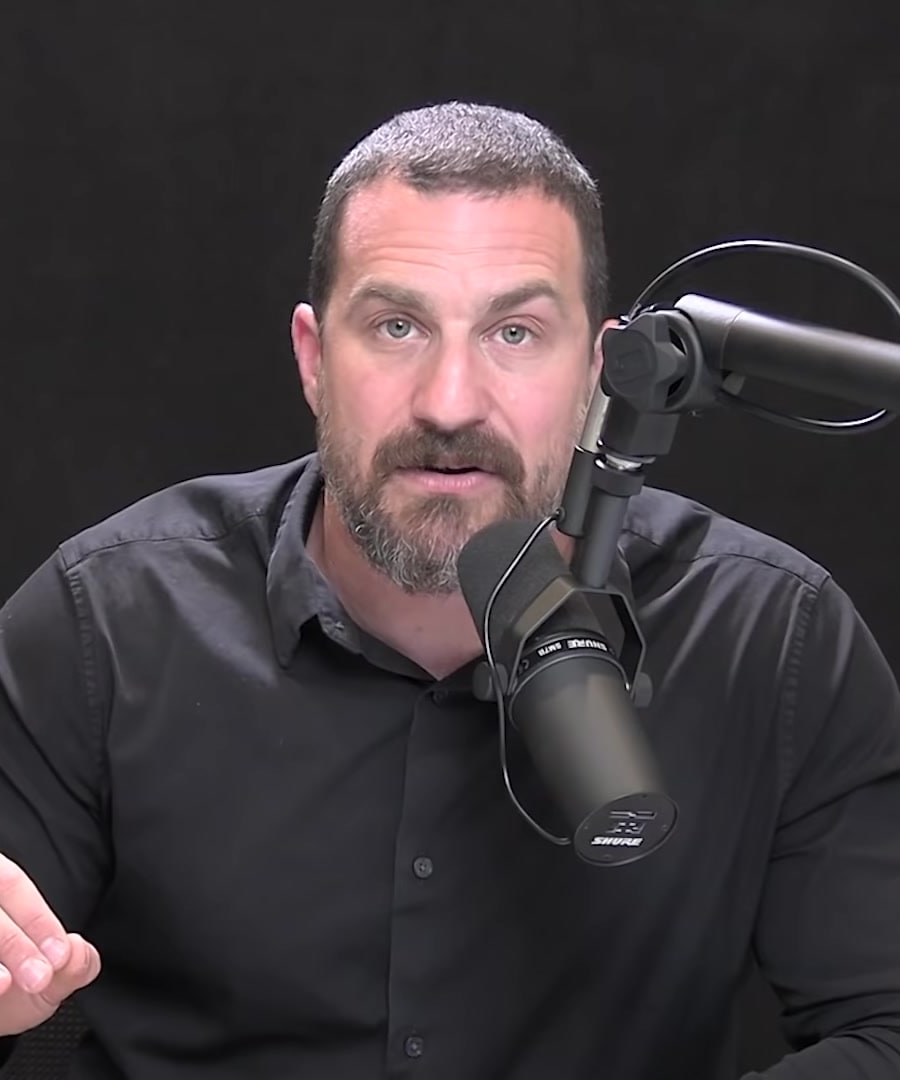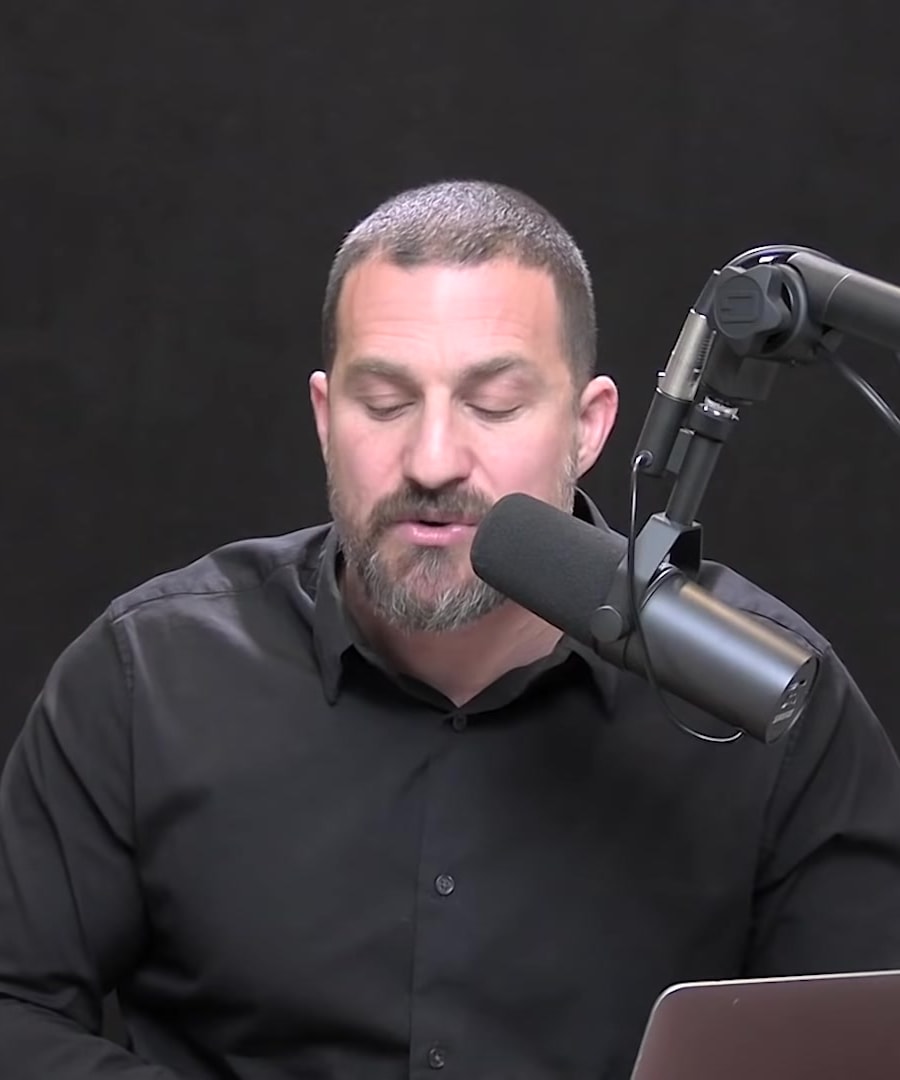How can I cure my depression
Sources:
Managing depression often requires a multifaceted approach, and the has shared several insights related to lifestyle adjustments, treatments, and the complex mechanisms underlying depression. Here are some key points and strategies discussed by :
-
Medications:
- Antidepressant drugs like SSRIs increase certain monoamines like serotonin, dopamine, or norepinephrine, which may provide relief for some individuals. However, they only work for about 40% of those with depression and can have side effects 1.
- Some experts suggest SSRIs may over time deplete the very neural systems that enhance mood, potentially leading to treatment-resistant depression 2.
-
Nutritional Interventions:
- Omega-3 fatty acids, especially EPA, can have antidepressant effects. Ingesting high levels of EPA through diet or supplementation may help manage depression 3.
-
Exercise:
- Regular physical activity positively affects the tryptophan to serotonin conversion pathway, which potentially benefits mood and may reduce depressive symptoms 4.
-
Behavioral Approaches:
- Incorporate behavioral tools such as exposure to morning sunlight, regular exercise, and cold exposure through showers or baths that can influence neurochemical levels like norepinephrine and dopamine 5.
-
Sleep Regulation:
- Good sleep hygiene and a regular light-dark cycle are crucial for mood regulation, especially in mild depression 6.
-
Understanding Treatment Mechanisms:
- The subjective experience during therapies, such as those involving Ketamine, can initiate multiple processes in the brain that contribute to relief from depression. Behavioral changes post-treatment are as significant as the treatment itself 7.
-
Diet and Mood:
- Macronutrients and micronutrients can significantly affect our neurochemicals, influencing feelings like happiness or sadness. Adopting a nutrient-rich diet offers tools to control emotions 8.
-
Comprehensive Health Habits:
- It's emphasized that a combination of good sleep, healthy eating, and exercise forms the base for improving mental health 2.
It's crucial to always consult with healthcare professionals before adopting any new treatment strategies, especially for managing depression. Moreover, the decision to incorporate supplements or changes in medication should be done under medical supervision.
If you are dealing with depression, consider reaching out to a healthcare provider or a mental health professional who can provide guidance tailored to your specific needs and circumstances.
Thank you for your feedback!RELATED QUESTIONS-
How can I cure my depression
- Thank you for your feedback!RELATED QUESTIONS







